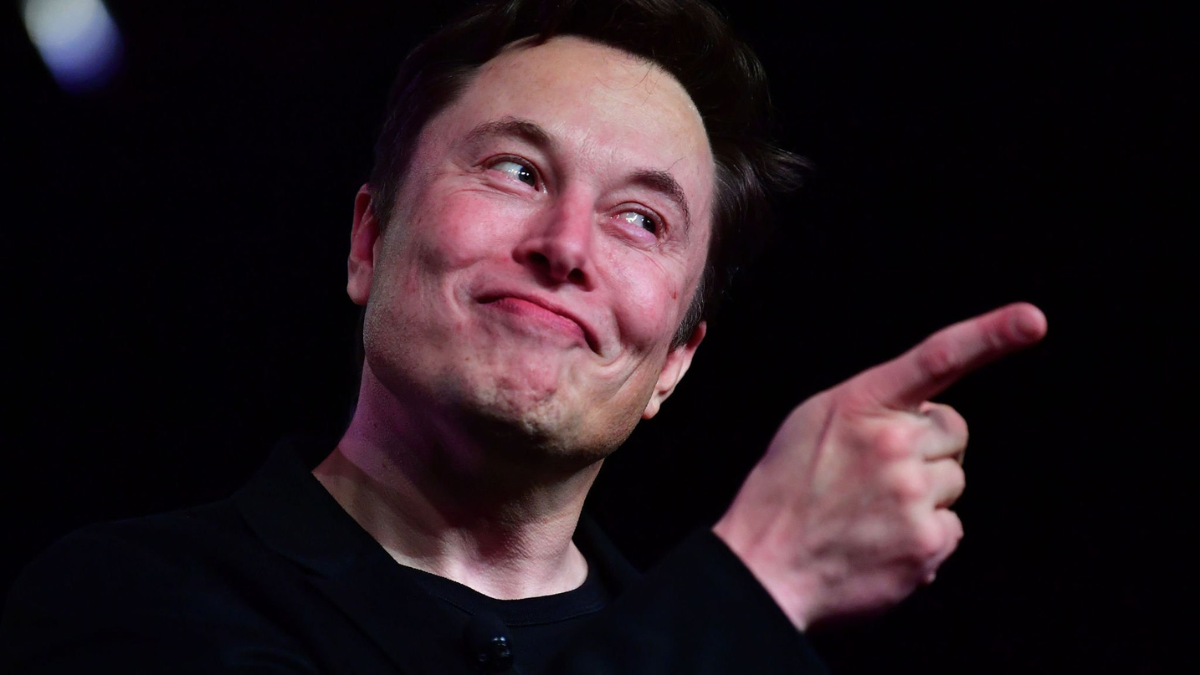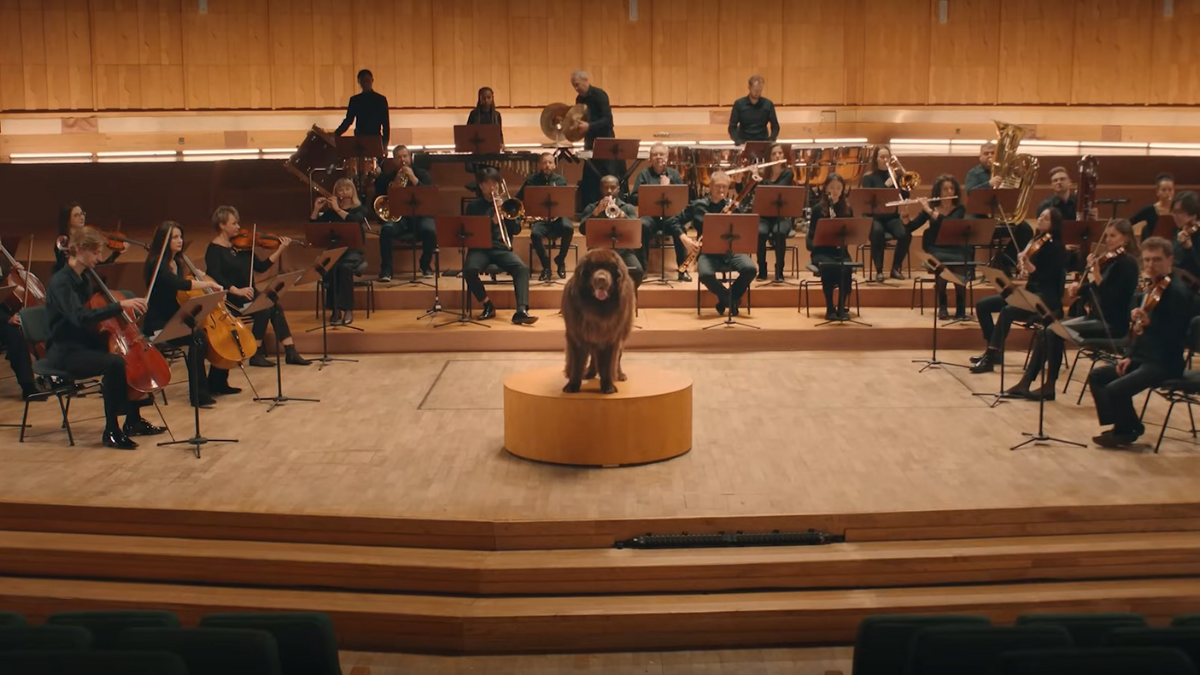Self-made billionaire, tech genius and, until recently, the richest man on the planet. It’s no wonder that Elon Musk stands as an idol to entrepreneurs.
Turn to any news outlet and it won’t be long before you’re hearing some view or other from Musk. He only has to tweet his intentions and share prices swing. Clearly, anything Musk says holds sway.
But is he really worthy of our admiration? Should we heed all his advice?
Psychology would suggest not. It seems that our perspectives can be skewed by our own biases, creating uncritical acceptance. There are two biases in particular that may help to explain why we tend towards blind devotion. We’ll discuss them here and look at the lessons you can learn.
The halo effect: it’s all good
First, we are notoriously bad judges of a person’s individual attributes. We have a strong inclination to assume that strength in one area suggests strength in another. This is called the halo effect, and psychologists have studied it for over 100 years.
Among the earliest to discuss the theory was Edward Thorndike, a psychologist at Columbia University in the 1920s. He showed that making all-encompassing judgements is typical.
For his study, he asked army officers to rate a new intake of soldiers on 31 attributes, covering areas from physique to initiative, loyalty to neatness. The assessments took place before the officers had got to know their men, so they had very little performance evidence to go on.
The results showed that officers tended to assume physically attractive men were smarter, more capable, and had more leadership qualities than the other less handsome men. Ratings of one trait influenced how other traits were judged.
Since this study, many others have shown the same results. It seems that we are poor at discriminating between independent attributes.
The bias is particularly strong in ambiguous contexts — that is, when we don’t know the person or thing well. We don’t have many facts on which to base an opinion, so we have to take mental shortcuts.
When it comes to Elon Musk, we’ve allowed his expertise in one area to impact our judgement of other aspects of him. Being a highly effective entrepreneur doesn’t make him an all-round visionary — he’s not necessarily an expert on free speech, university education, or indeed, any other hot topic. We should question his views as much as those of anyone else.
In the business world, this means that we should apply a degree of scepticism towards leadership idols. We can certainly learn from them when they’re discussing their circles of expertise, but we’d be wise to question views that step outside.
Survivorship bias: don’t forget the losers
Second, our logic fails when it comes to evaluating factors that feed into success.
You’ll have heard of books claiming to reveal the habits of highly successful people or companies. There’s a whole section of business books dedicated to understanding the things that effective leaders do, and us simple worker ants don’t. The premise being, if only we could understand these special traits, we could be great leaders too.
But there’s a flaw in the logic here — and that’s down to survivorship bias. This is the tendency for us to forget the failures. When assessing the effectiveness of a strategy, we must remember to check whether that factor was present in the cases that failed, as well as those that succeeded.
We often hear, for example, that Richard Branson struggled at school. And that Bill Gates left university just two years into his study. But what about the millions of other people who dropped out? Unfortunately, they’re more likely to be stacking shelves in a megastore than making billions from setting one up.
If you only look at survivors, you’ve only got half of the picture. What you’d want to know is, among two groups of people — say, millionaire business leaders and average earners — what are the rates of school dropouts? And only if dropouts are much higher among the successes could this be considered a wise course of action.
Back to Musk then. There are, of course, biographies about him, which no doubt attempt to find clues to his brilliance. We might learn that skipping university education and taking massive risks is the way to succeed.
While considering this advice for yourself though, don’t forget about survivorship bias. The truth is that these things don’t work for everyone. They didn’t even always work for Elon Musk. Just look up the Guinness World Record for the greatest loss of personal wealth.
And when considering your idols, remember that our minds do play tricks.
Richard’s new book on applying behavioural science to marketing, The Illusion of Choice, is now available to buy.
Featured Image: Elon Musk / Financial Times

































